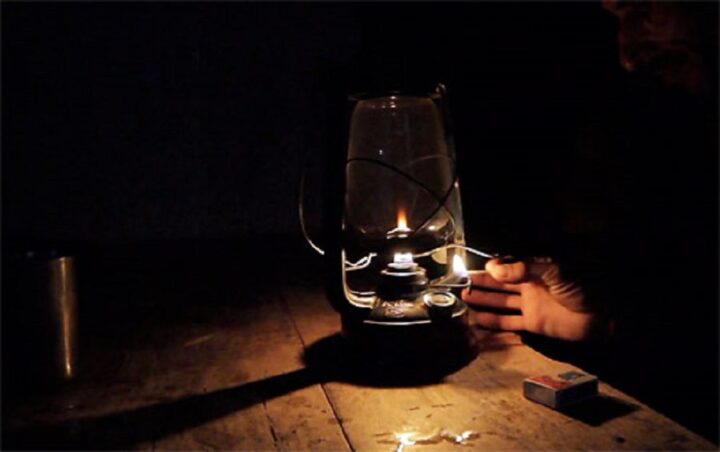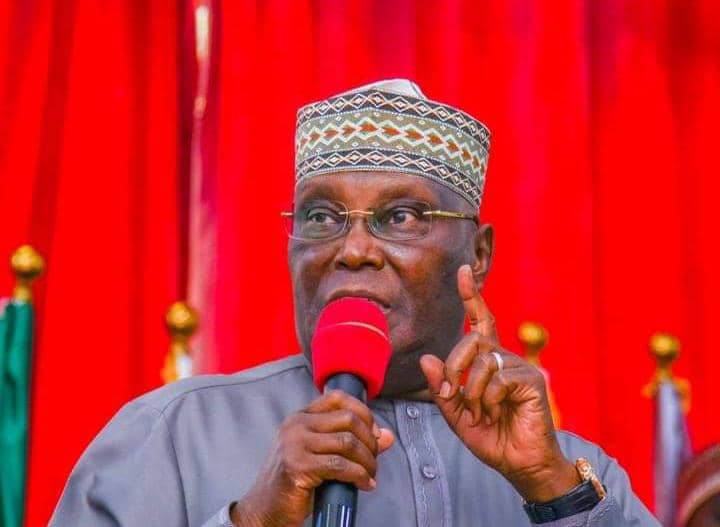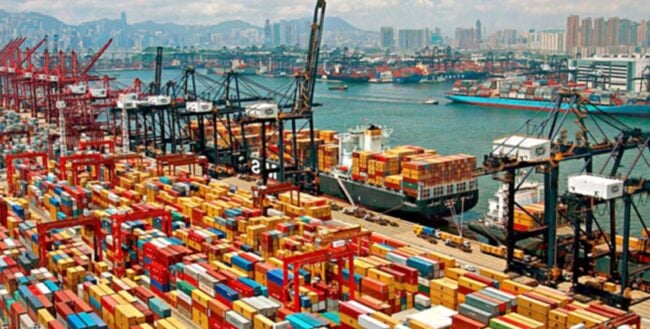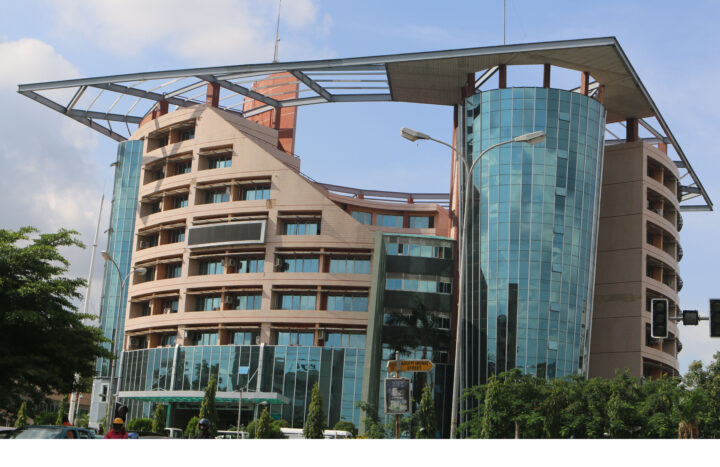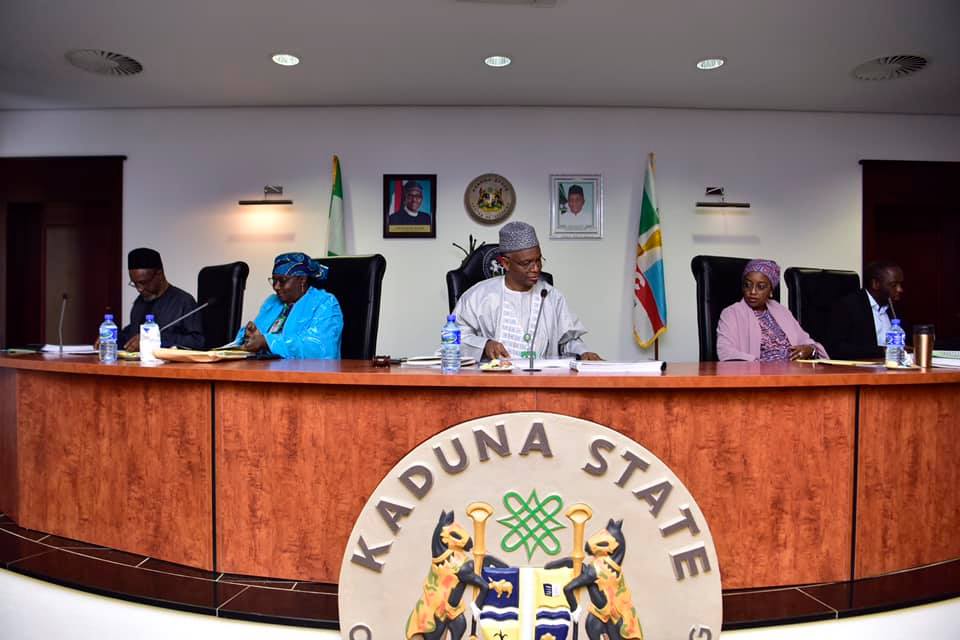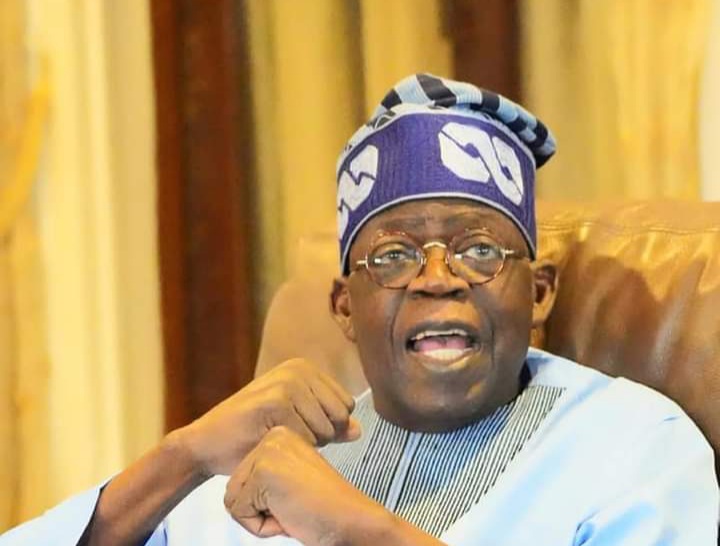On February 14, 2022, the national electricity grid suffered a system collapse and caused power outages nationwide.
Nigerians have been experiencing power cuts for weeks amid a surge in fuel and diesel prices.
The situation is taking a significant toll on businesses.
Last week, the Transmission Company of Nigeria (TCN) blamed the abysmal power supply experienced nationwide on low power generation by the generation companies (GenCos).
Advertisement
But the recent collapse of the national grid has since raised more concerns about the trajectory of the country’s power sector and, by extension, the survival of businesses.
WHAT IS A POWER GRID?
A power grid is a network of electrical transmission lines connecting a number of generating stations to loads over a wide area.
Advertisement
It is designed to operate within certain limits, stability limits, in line with voltage, current, and frequency. So, whenever these limits are out of the stability range, the operation of the grid will become unstable and can then collapse.
It could also mean a total or partial loss of power on the network, usually caused by a fault significant enough to lead to high frequency. It is said that weather conditions can also affect the distribution network causing grid instability.
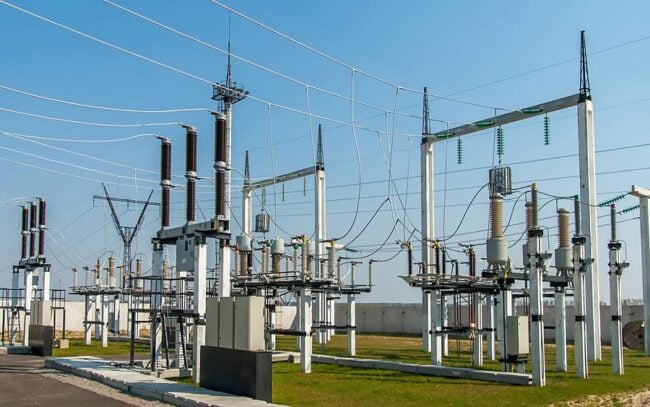
OVER 200 GRID COLLAPSE RECORDED IN A DECADE
Advertisement
Nigeria’s national grid is known for experiencing disruptions. It collapsed in February, May, July, and August 2021.
TheCable had reported that the grid experienced 206 collapses between 2010 and 2019.
A breakdown of the data showed that Nigeria witnessed 146 total collapses of the national grid and 73 partial collapses between the period.
HOW IS GRID COLLAPSE RECTIFIED?
Advertisement
According to Nigerian Electricity System Operator (NESO), a total system collapse means total blackout nationwide, while partial system collapse is a failure of a section of the grid.
The end product of both system failures is that it leads to poor or erratic power supply, negatively affecting other performance of businesses and causing economic woes for citizens.
Advertisement
A source from TCN said the grid collapse is not a problem that requires fixing, noting that the system needs to be restarted.
“Nobody can tell you how much it costs. It’s an impossibility. There is no cost to fixing because it’s not a fixing thing, it’s a restarting. It’s just like you put off your generator, and then you start it again. It’s not as if you’re going to do mechanical work,” the source explained.
Advertisement
“Yes, there is a cost at the end of the day. But it is found at the end of the month to whoever is found guilty when the checks and balances are done.”
THREE POWER PLANTS CONTRIBUTED TO LATEST GRID COLLAPSE
Advertisement
The Nigerian Electricity Regulatory Commission (NERC) told TheCable that three power plants — Afam six, Calabar plant belonging to Niger Delta Holding Company, and Agip Okpai power plant — which account for 1,000mw were down at the same time.
Micheal Faloseyi, assistant general manager, public affairs, NERC, said Agip Okpai was vandalised and repairs are being ramped up by Nigerian National Petroleum Company (NNPC) Limited, noting that the plant, which is currently generating 236mw, will attain its full capacity of 375mw.
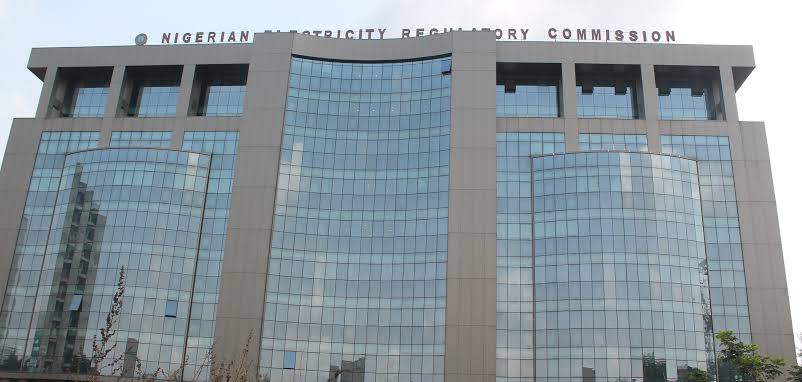
Faloseyi explained that the Calabar plant has a challenge of gas supply and the gas pipeline was slated for repairs. The Afam six plant was also due for repairs.
“By the time you add these power plants together, you have about 1,000mw out of about 4,000mw. so, these are the situations that account for the power supply situation,” he said.
“But as I said, Okpai is coming back and the other two plants are coming up in a few days.”
GOVERNMENT RESPONSE
Abubakar Aliyu, minister of power, held an emergency meeting with stakeholders in the power sector.
The meeting had in attendance delegation from power generation companies, Transmission Company of Nigeria (TCN), Nigerian Bulk Electricity Trading (NBET), Niger Delta Power Holding Company (NDPHC), Nigerian National Petroleum Company Limited (NNPC), Shell, and other stakeholders in the power value chain.
“This meeting was summoned to address the current electricity situation in the country which we are not happy about,” the minister said.
“We must find a solution so that Nigerians will have electricity. I want us to have the patience to talk to each other, not blaming each other.”
So far, no statement has been made regarding the outcome of the meeting.

